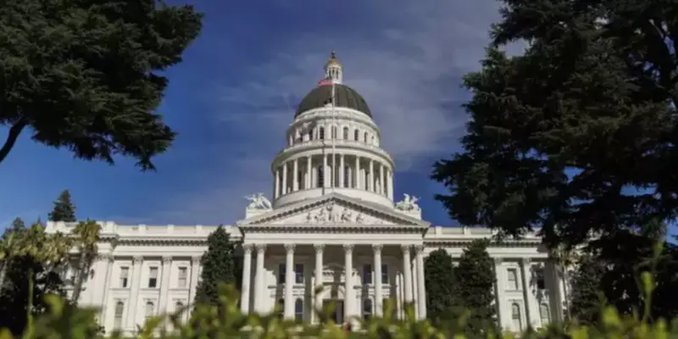House GOP eyes moratorium on state AI laws – The Washington Post
Republicans Brett Guthrie of Kentucky, left, and Larry Bucshon of Indiana at a January 2020 meeting of a subcommittee of the House Committee on Energy and Commerce. (Sarah L. Voisin / The Washington Post)
Democrats, consumer advocates decry push to deregulate the booming industry
Republicans in the U.S. House of Representatives are pushing a legislative package that would roll back state AI laws throughout the country and prohibit states from passing new ones for the next decade.
The AI provisions, which would make the federal government the sole regulator for U.S. tech firms in a booming industry, are part of a broader reconciliation bill that includes top Republican priorities on issues ranging from health care to energy and the environment. The bill, whose text was released Sunday by House Energy and Commerce Committee Chairman Rep. Brett Guthrie (R-Kentucky), will be debated in a markup that begins Tuesday afternoon and could stretch into Wednesday or beyond.
While the fiercest debates are likely to center on proposed cuts to Medicaid, the AI portion of the bill drew heavy criticism Monday from consumer advocacy and tech watchdog groups. They called it a giveaway to industry that will enable harmful and discriminatory uses of the emerging technology.
Read more: House GOP eyes moratorium on state AI laws – The Washington Post
Source Links: House GOP eyes moratorium on state AI laws
#AILaws #artificialIntelligence #GOP #House #Republicans #StateAILaws #TheWashingtonPost #USHouseOfRepresentatives


